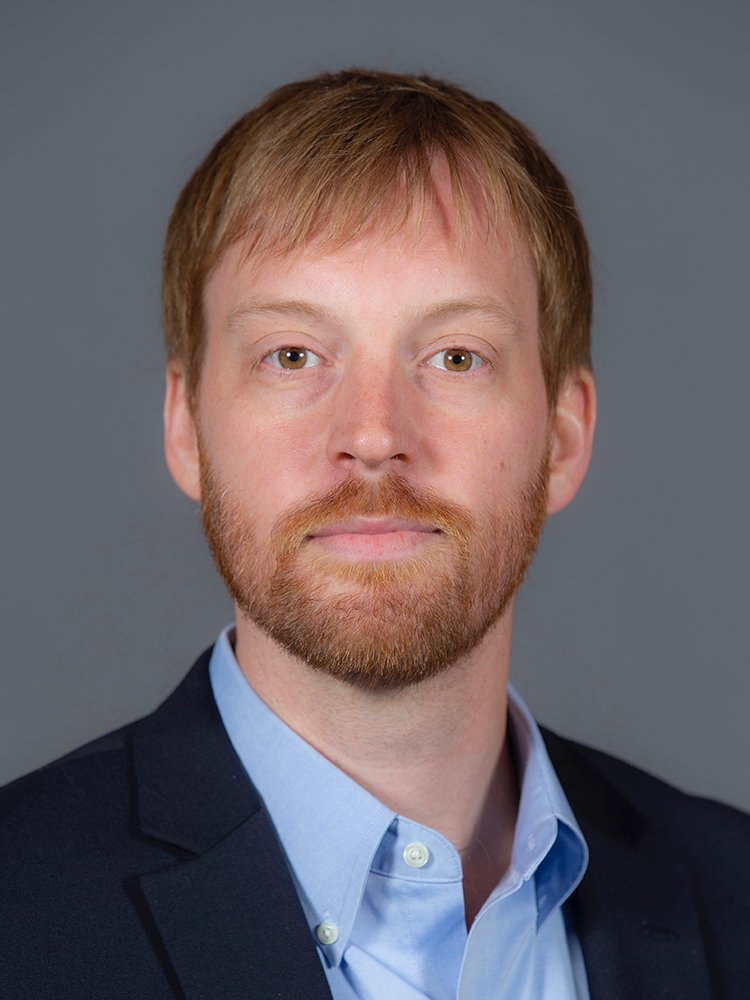Anders, A. (2015). Theories and applications of massive online open courses (MOOCs): The case for hybrid design. International Review of Research in Open and Distributed Learning, 16(6), 40-62. http://dx.doi.org/10.19173/irrodl.v16i6.2185
Abstract: Initial research on learning in massive open online courses (MOOCs) primarily focused participation patterns and participant experiences. More recently, research has addressed learning theories and offered case studies of different pedagogical designs for MOOCs. Based on a meta-analysis and synthesis of the research literature, this study develops a conceptual model of prominent theories and applications of MOOCs. It proposes a continuum of MOOC learning design that consolidates previous theories into a tripartite scheme corresponding to primary types of MOOCs including content-based, community/tasked-based, and network-based applications. A series of MOOC hybrids are analyzed to demonstrate the value of this model while also clarifying appropriate applications and significant design challenges for MOOCs.
